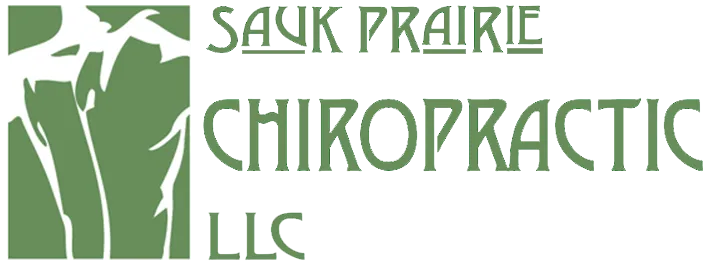Life insurance can act as insurance after death, or it can act as a savings account. Consider the two major insurance types; term life insurance and whole life insurance.
Term policies require stated annual premiums that are determined based on the age and health of the insured. A level premium term policy keeps the premium at a stated amount for a specified number of years. Otherwise, the annual premiums go up as the policy holder ages. Note that many term life insurance policies give the option to be converted to cash-value insurance.
Whole Life
Whole life insurance acts as a savings account, with a cash value attached that grows tax deferred. Essentially, if the insured wants to pay more in premiums it acts as savings where the excess may grow in the cash value account of the policy. Whole life insurance is preferable for those with an estate.
When selecting basic life insurance you should first determine the following:
Do you just want a death benefit ?
You should consider purchasing term life insurance if all you need is a death benefit to pay taxes and funeral costs. Premiums go up as you get older and depend a great deal on your health. Also, you may consider supplemental life insurance which is an extra death benefit paid to the beneficiary after death of the policy holder.
Do you want to have benefits from the policy while alive ?
A whole life policy will provide benefits while alive, because there is a cash value account attached to it which acts as a savings account. The policy holder may, reap the cash value account while alive making his premiums more than just simple life insurance.
Will you set up a life insurance trust ?
If you have a large estate and you want to maximize the estate granted to beneficiaries, you should set up an insurance trust. If you purchase life insurance solely for this purpose then you should consider a rider that includes this feature. Riders are additional benefits of the policy which are purchased through increased premiums.
Second to die policy riders can be owned by a trust and does not pay death benefits until the death of the second spouse. This is for the benefit of the estate and heirs.
Note that there are other types of policies; such as, universal life, and variable life insurance. Universal life insurance has flexible premiums and grows in size, based on the growth of the cash value account. Variable life insurance is similar to universal life, the only difference is that variable life has different choices of investment vehicles for how the cash value account is invested. These types of policies are more risky then whole life and can end up bequeathing less to beneficiaries if the investments within the portfolio do not do well.
